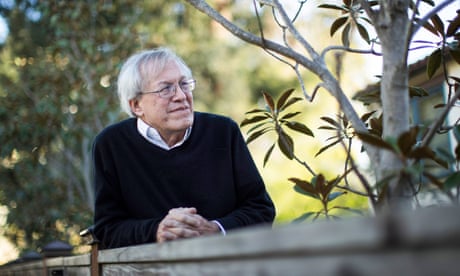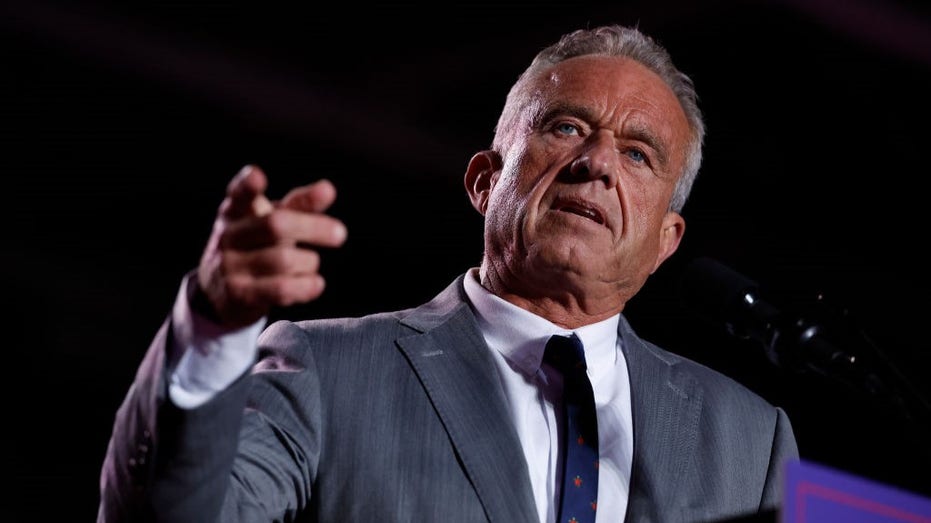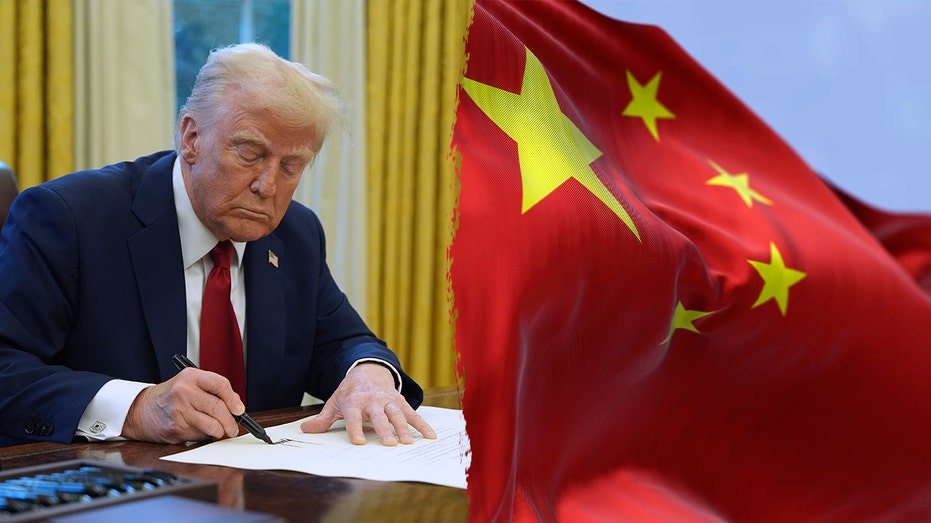- by foxnews
- 08 Apr 2025
Erwin Chemerinsky on the need for a new US constitution: ‘Our democracy is at grave risk’
Erwin Chemerinsky on the need for a new US constitution: ‘Our democracy is at grave risk’
- by theguardian
- 03 Sep 2024
- in politics

Among progressive scholars of the US constitution, Erwin Chemerinsky, dean of Berkeley Law, is widely considered pre-eminent. Now 71, he studied at Northwestern and Harvard and has also taught at DePaul, USC, Duke and UC Irvine. He has argued several cases at the US supreme court and written extensively about it.
His last book, Worse Than Nothing, was a broadside against originalism, the doctrine touted by rightwing justices as they take an axe to hard-won rights. In his new book, Chemerinsky goes to the root of the problem with a still starker title: No Democracy Lasts Forever: How the Constitution Threatens the United States.
Less than a hundred days from a presidential election which could see the return of Donald Trump, a candidate widely held to threaten cherished freedoms, Chemerinsky says: "I see an American government that is increasingly dysfunctional and that has lost the confidence of the people, in a society that is increasingly politically polarised. I worry greatly for the future of American democracy.
"I wrote the book to explain how much of the problem stems from the constitution and suggest how it can be fixed."
In conversation, Chemerinsky patiently outlines the problem. It boils down to this: the US constitution is not fit for purpose.
It was created in 1787 by a small group of white men who hashed out a deal in their own interests, chief among them protecting smaller states and owners of enslaved people. Those framers made foundation stones of economic and racial inequality and also erected enduring barriers to political equality including an electoral college that makes minority victory possible in presidential elections and two senators for each state regardless of population.
The constitution has been changed, significantly in 1791, with the 10 amendments of the Bill of Rights, and between 1865 and 1870, after the civil war, with amendments to abolish slavery, expand the citizenry and give Black men the vote. There have been other major changes, not least the 19th amendment, which gave women the vote in 1920. A century later, though, change seems harder than ever.
The ERA is stymied by pure politics. Pure politics - as practised by Republicans who benefit most from the enshrinement of minority control, as found in the stubborn persistence of Senate rules such as the filibuster that exist to block change - is of course eternal. And so as another election year grinds on, Democrats hoping to fend off Trump, Republicans seeking to tighten their grip on the levers of power, there the constitution sits, physically in the National Archives in Washington, theoretically near-impossible to change.
Chemerinsky offers pointers to how change might be achieved - mostly by Democrats winning majorities in statehouses and Congress and working to sway public opinion towards the need for radical change, via a new constitutional convention. But he concludes with striking pessimism.
In conversation, Chemerinsky strikes a more hopeful note.
"The constitution is revered," he says, referring not just to the document itself but to rhetoric, teaching and even popular entertainment that has made demigods of Alexander Hamilton, James Madison and other framers. "That reverence has a cost in that it has kept us from focusing on its flaws and how much they contribute to our crisis of democracy.
"I have argued that there should be a progressive interpretation of the constitution. But I also think it is time to begin considering a new constitution. I think people could ratify a new constitution even though this mechanism is not provided for in the constitution."
In short, as in most aspects of politics, it's all a matter of will.
On the page, Chemerinsky also devotes space to the question of free speech, a right guaranteed by the first amendment but forever contested. Among progressives, such contests now rage regarding protests against US support for Israel in its war in Gaza. Last April, that debate burst into Chemerinsky's backyard - literally. A traditional dinner for students, given with his wife, the law professor Catherine Fisk, was interrupted by protesters.
Chemerinsky and Fisk "immediately approached her and asked her to stop speaking and leave the premises. The protester continued. At one point, [Fisk] attempted to take away her microphone. Repeatedly, we said to her: 'You are a guest in our home. Please leave.'
"The student insisted that she had free-speech rights. But our home is not a forum for free speech; it is our own property, and the first amendment - which constrains the government's power to encroach on speech on public property - does not apply at all to guests in private backyards."
It was one dramatic and traumatic event in an episode that has turned the left against itself. Understandably, Chemerinsky is guarded about what happened in his backyard in April and its implications. But he is happy to explain his approach to free speech issues.
"Absolutism rarely makes sense," he says. "Free speech cannot be absolute. Perjury is speech, but it can be punished. An employer who says to an employee, 'Sleep with me or you're fired,' is engaged in speech, but can be held liable. No one suggests gun rights can be absolute. No one believes that there is a right to have guns in courthouses or airports."
No one in normal society, perhaps. In the age of Trump, extreme beliefs surge.
Chemerinsky also grapples with the specter of secession, amid increasing debate over the idea that in an age of deep division, states either right or left, red or blue, might decide to start out anew, perhaps prompting a new civil war.
To Chemerinsky, secession by progressive states is just as possible as a rightwing move to secede, particularly if Trump wins the White House and Republicans take full control of Congress.
"I do not think secession is likely," he says, "and I certainly don't think it is desirable. But I think it is a possible path we could be discussing more in the years ahead if there are not changes."
- by foxnews
- descember 09, 2016
Ancient settlement reveals remains of 1,800-year-old dog, baffling experts: 'Preserved quite well'
Archaeologists have recently unearthed the remarkably well-preserved remains of a dog from ancient Rome, shedding light on the widespread practice of ritual sacrifice in antiquity.
read more





